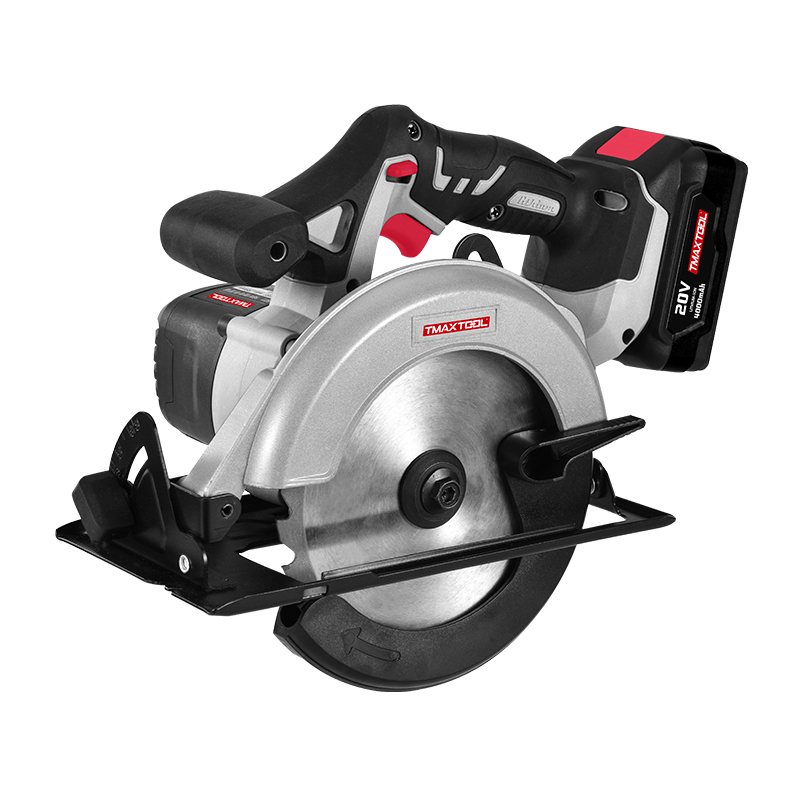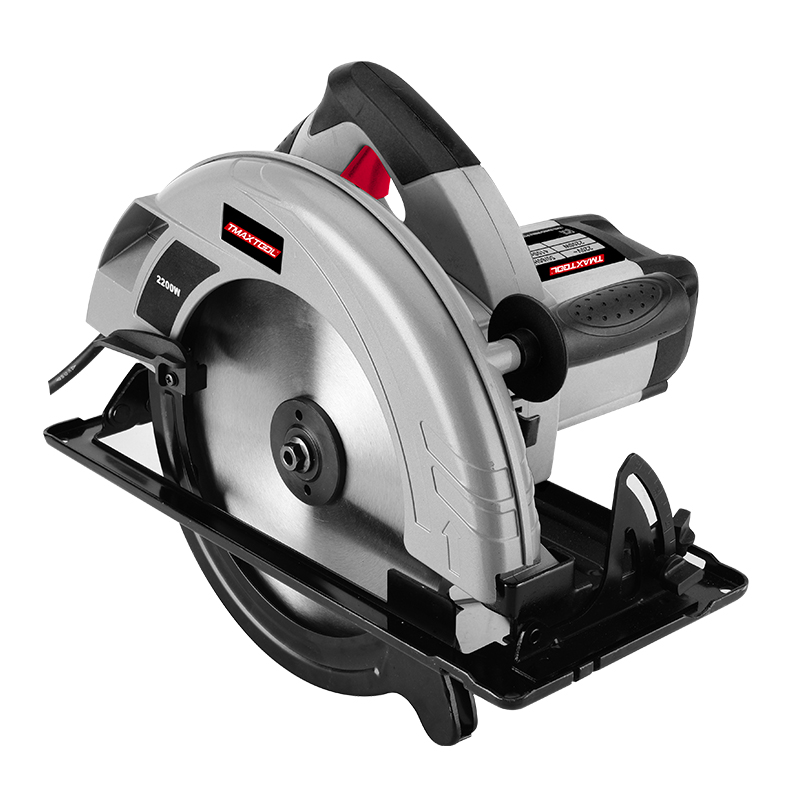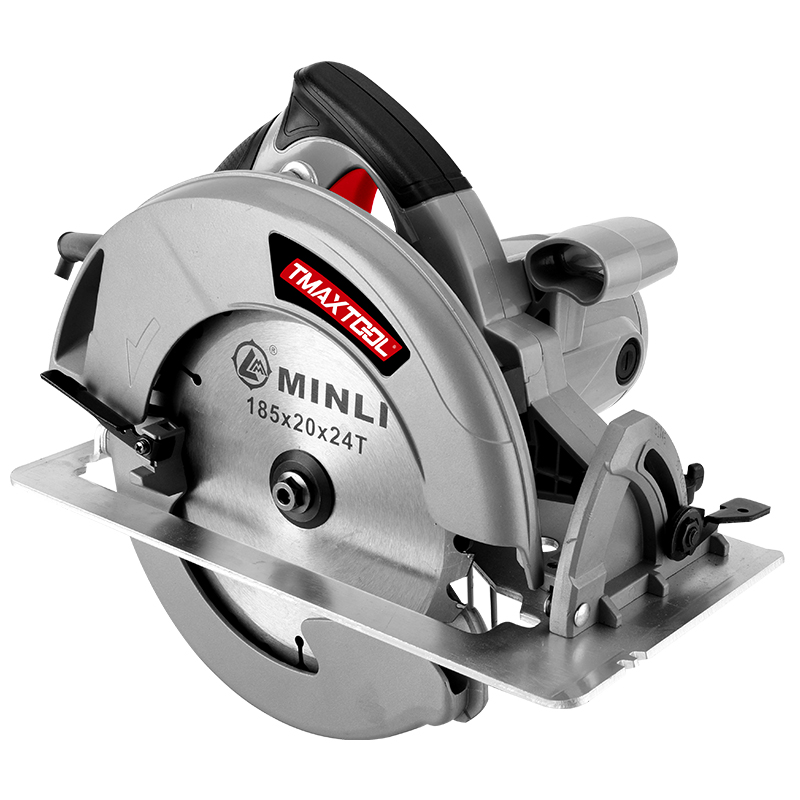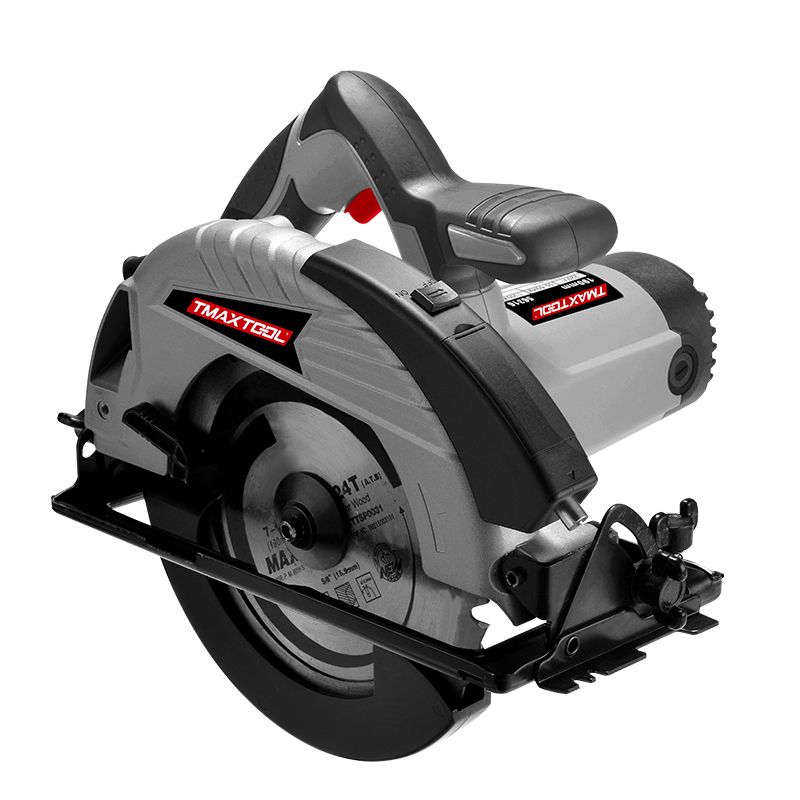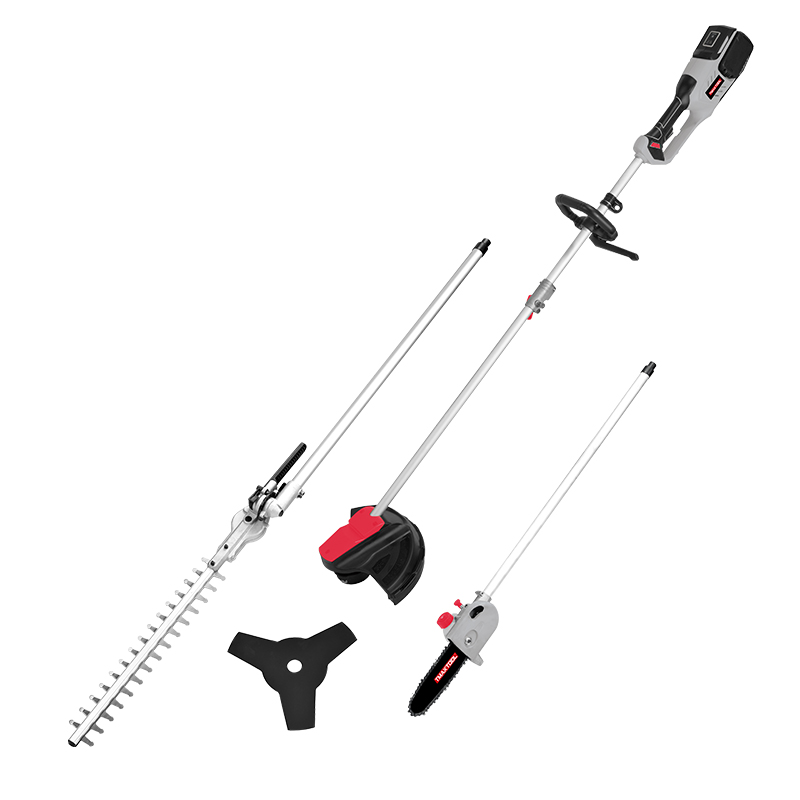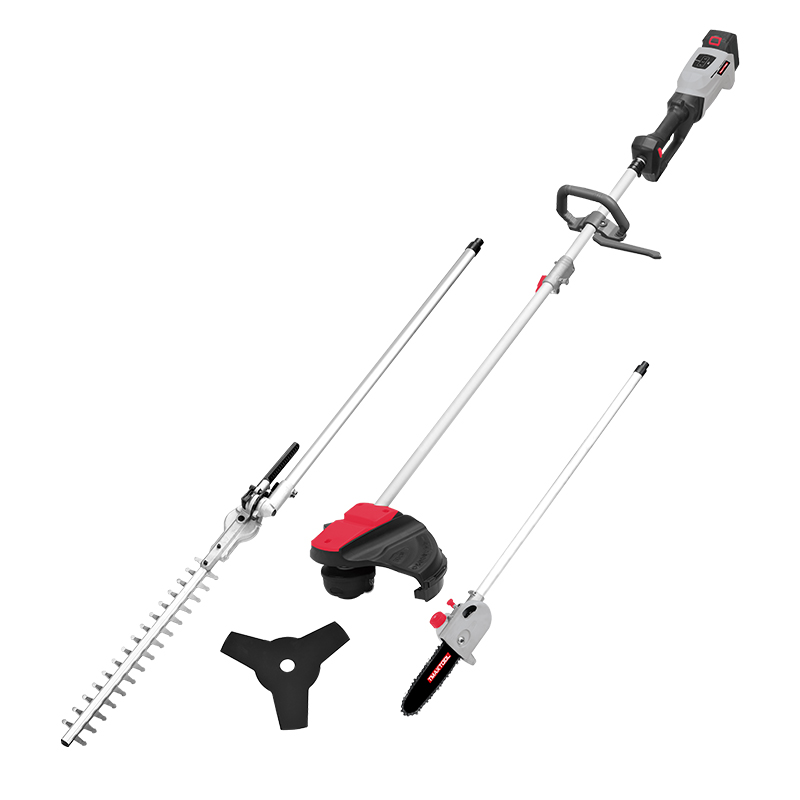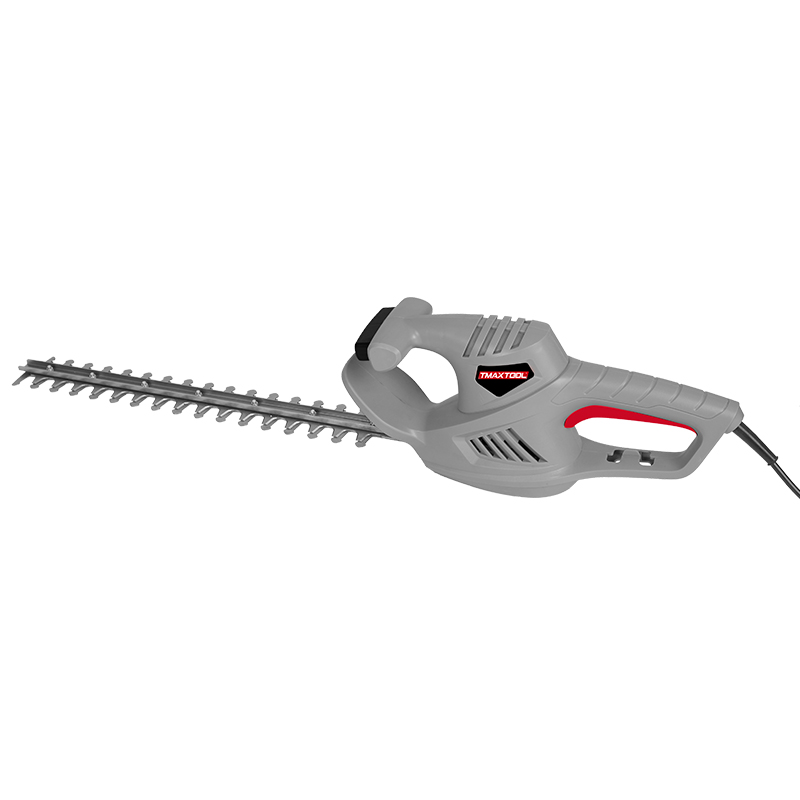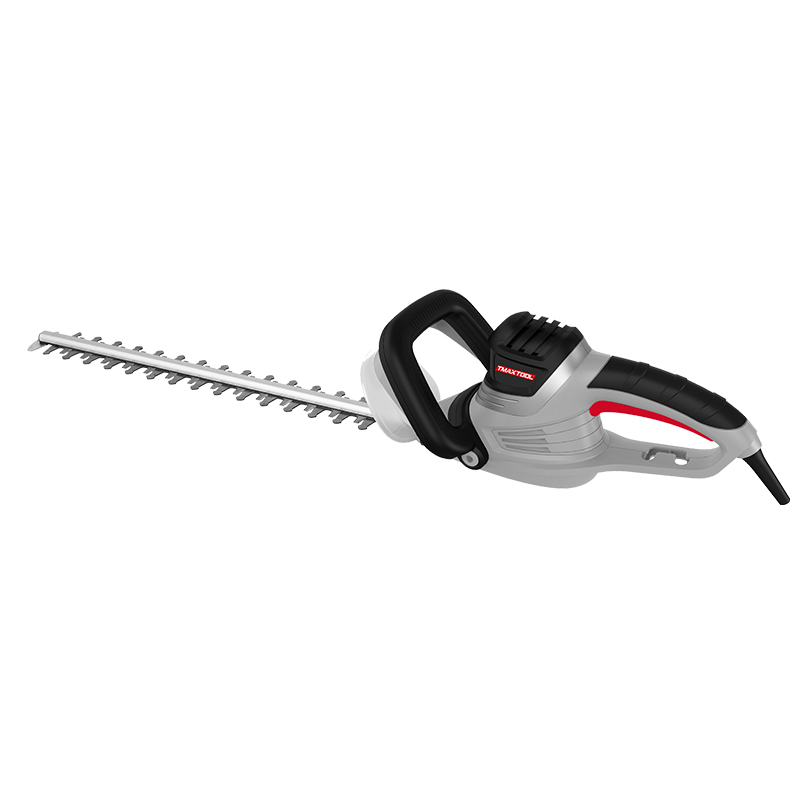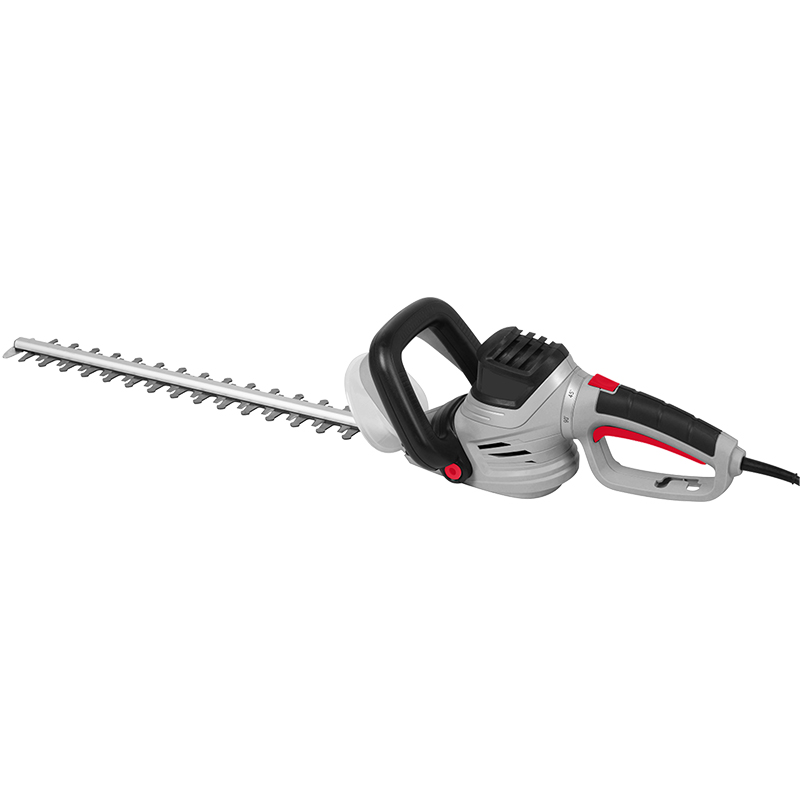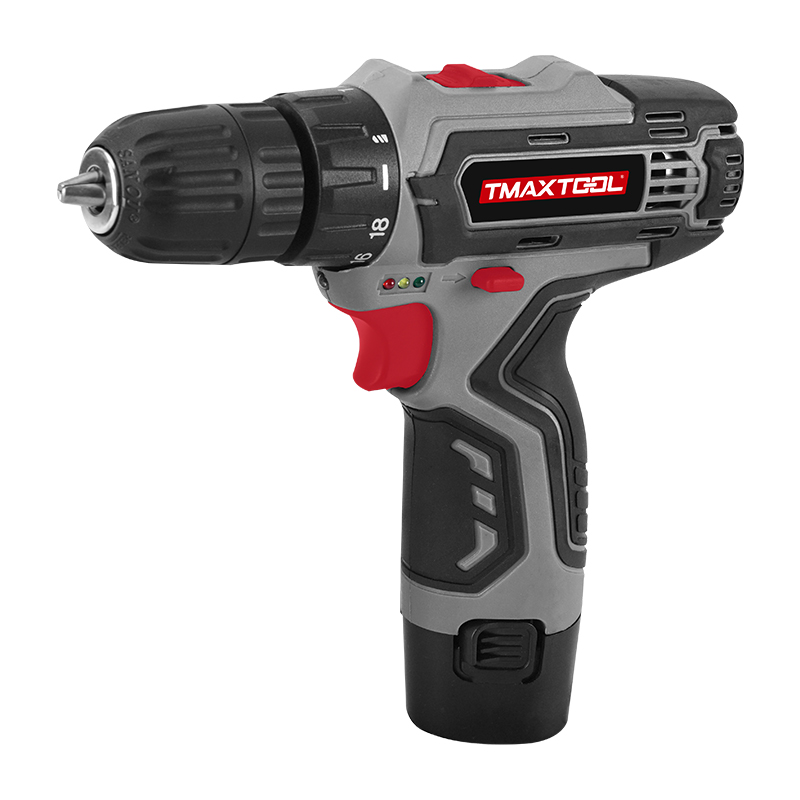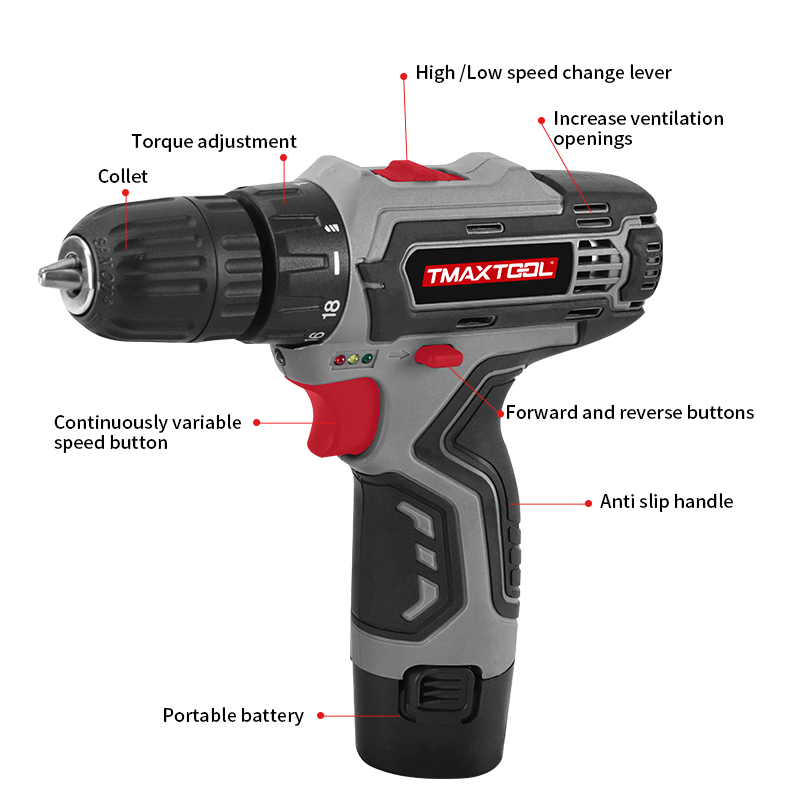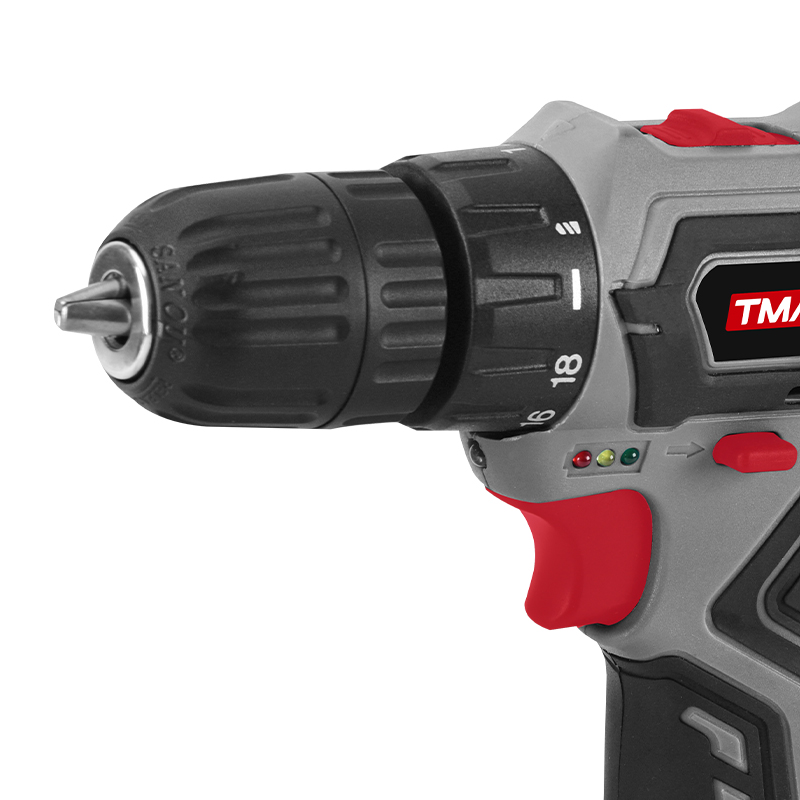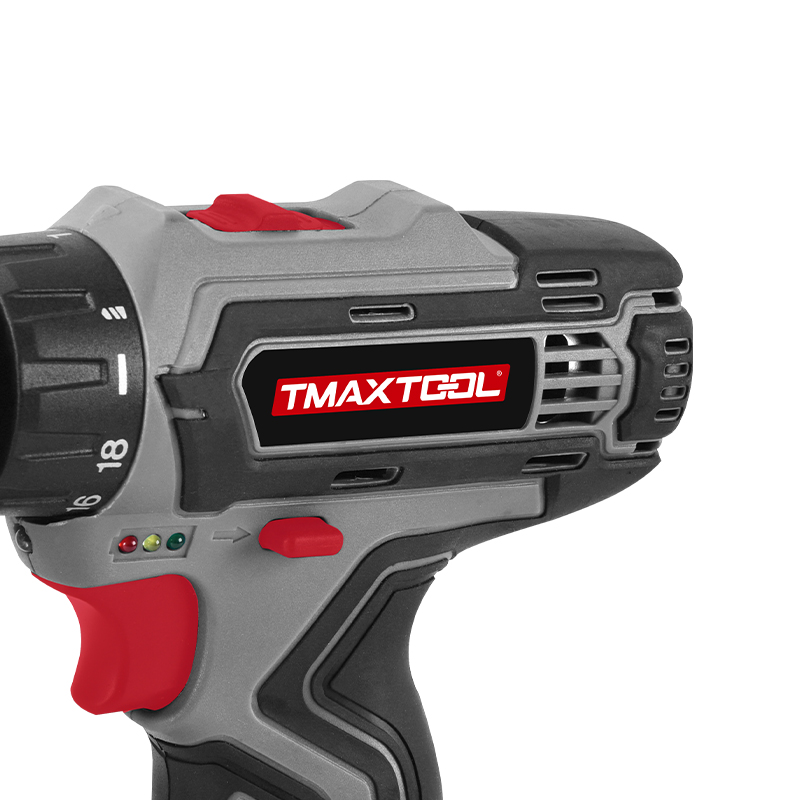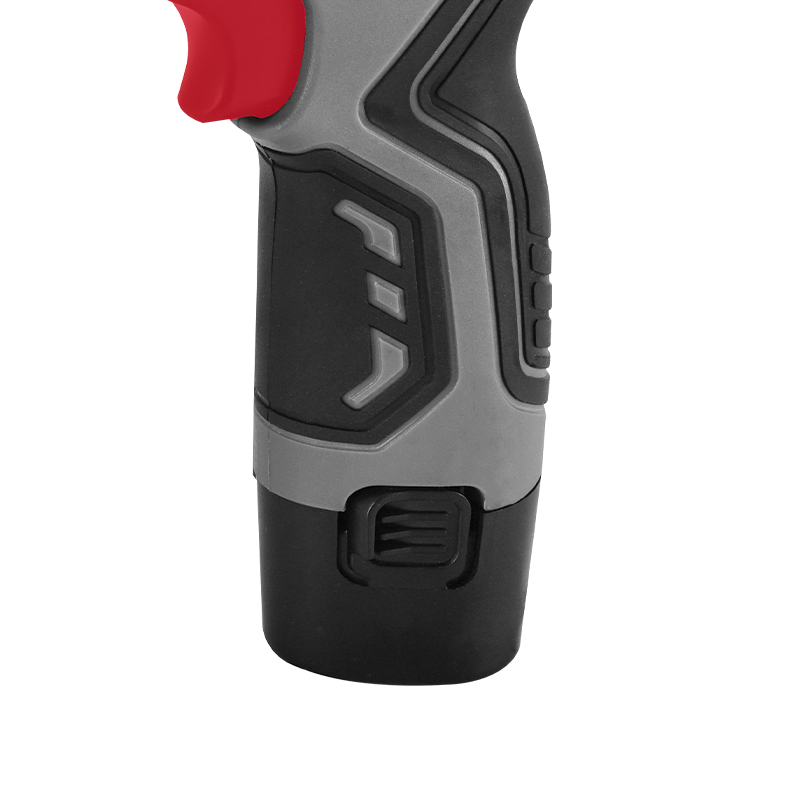20V Lithium battery cordless drill
product DETAILS
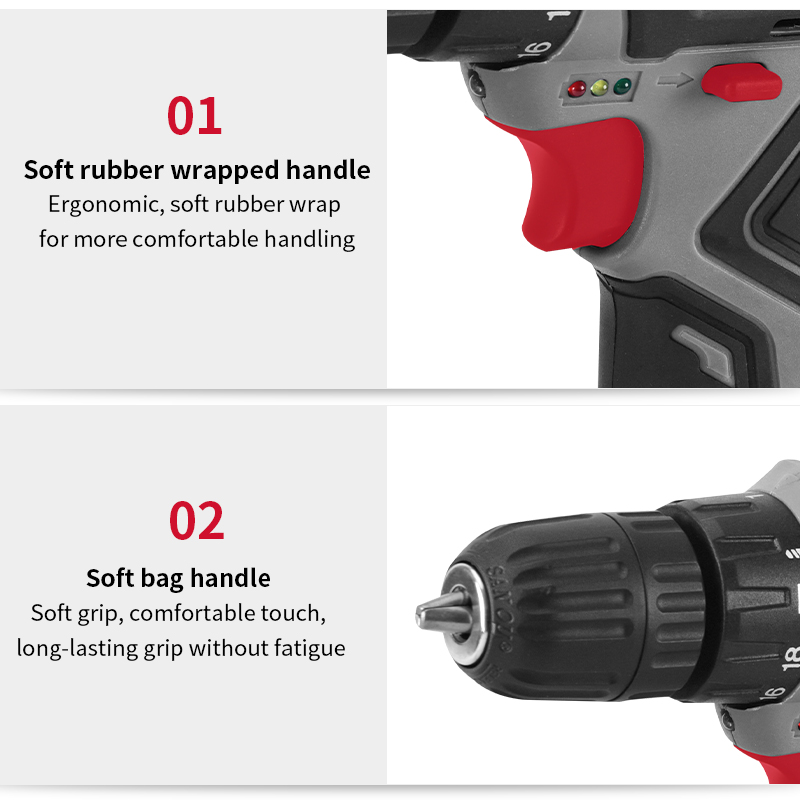
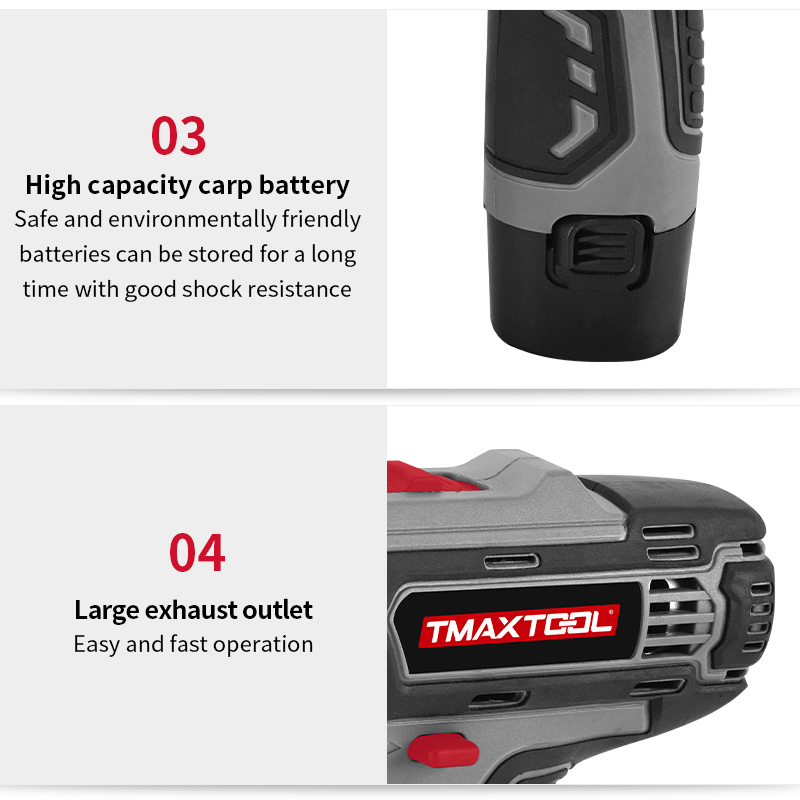
product description
The main difference between a lithium drill motor and a brushless motor lies in their construction and operation:
Brushed Motor: Traditional lithium drills often use brushed motors. These motors have carbon brushes that deliver power to the commutator, which in turn spins the motor's armature. As the motor spins, the brushes make physical contact with the commutator, creating friction and generating heat. This friction and wear on the brushes and commutator can lead to reduced efficiency and lifespan over time.
Brushless Motor: Brushless motors, on the other hand, don't use brushes or a commutator for power delivery. Instead, they rely on electronic controllers to precisely control the flow of electricity to the motor windings. This design eliminates the need for brushes, reducing friction and wear. As a result, brushless motors typically have higher efficiency, longer lifespan, and are quieter compared to brushed motors. They also tend to deliver more power for the same size and weight, making them increasingly popular in power tools like drills.
In summary, while both types of motors can power a lithium drill, brushless motors offer advantages in efficiency, lifespan, and performance. However, they may come at a higher initial cost compared to drills with brushed motors.
A lithium drill brush motor typically refers to the type of motor used in power tools like drills and brush attachments. Lithium refers to the type of battery powering the drill, while the motor itself may be a brushed or brushless DC motor.
Brushed motors have carbon brushes that deliver electrical current to the rotating armature, while brushless motors use electronic controllers to deliver power to the windings. Brushless motors tend to be more efficient and durable than brushed motors, but they are also usually more expensive.
Lithium-ion batteries are commonly used in power tools due to their high energy density and rechargeable nature, providing longer run times compared to other battery types. When combined with a brushless motor, lithium-ion-powered drills can offer high performance and longer tool life.

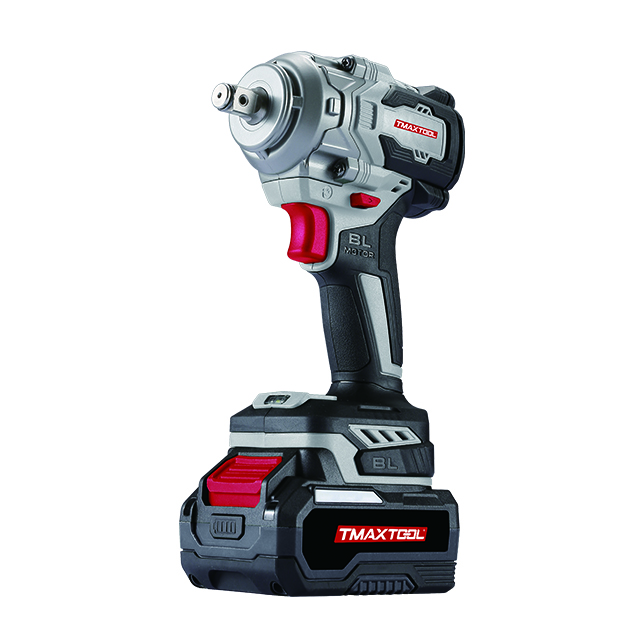 Impact Wrench
Impact Wrench
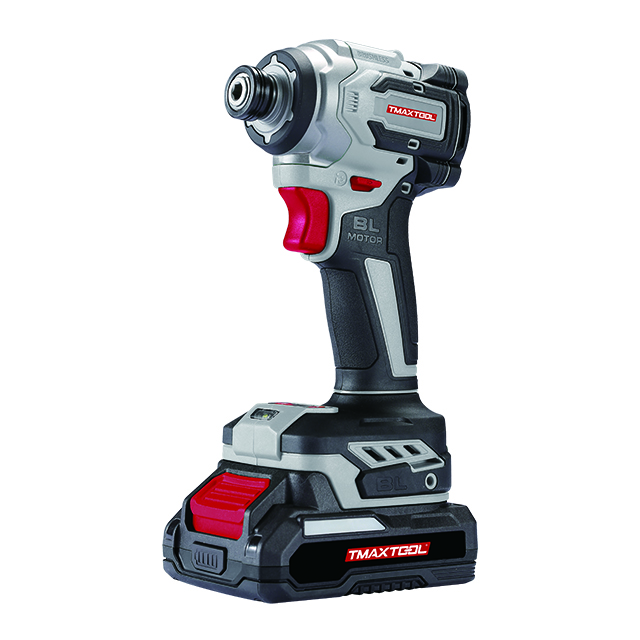 Screwdriver
Screwdriver
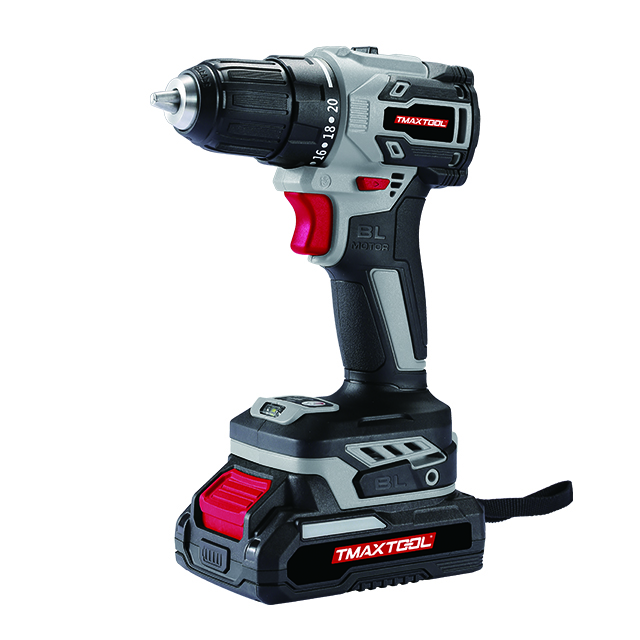 Cordless Drill
Cordless Drill
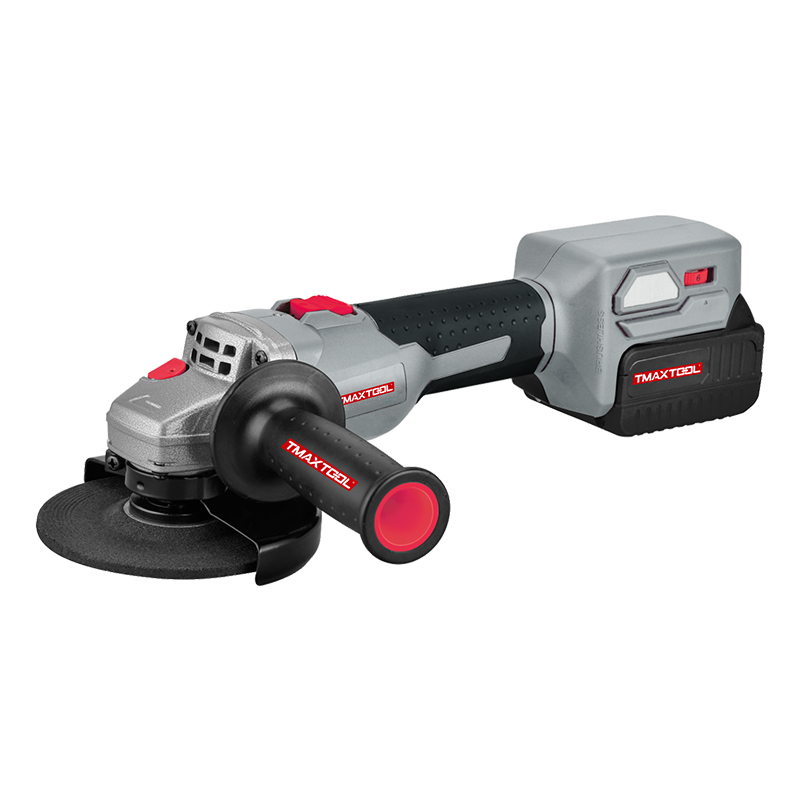 Angle Grinder
Angle Grinder
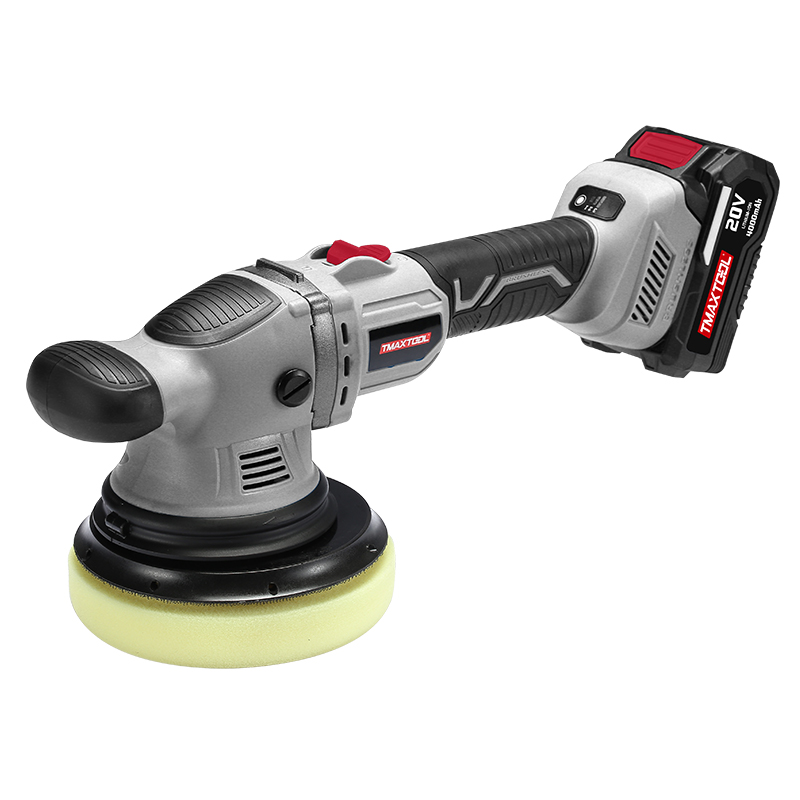 Polisher
Polisher
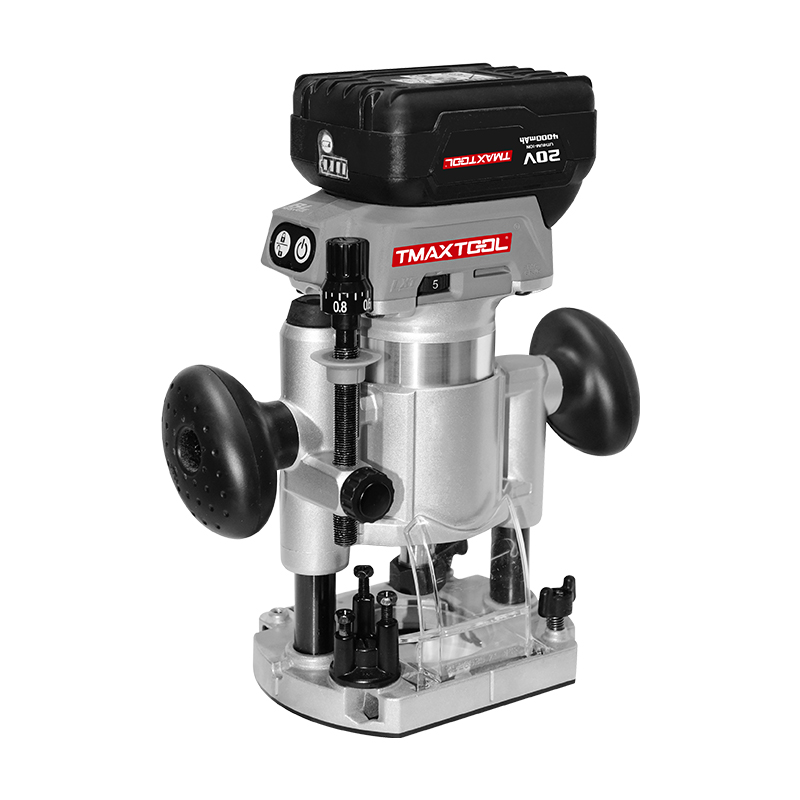 Wood Router
Wood Router
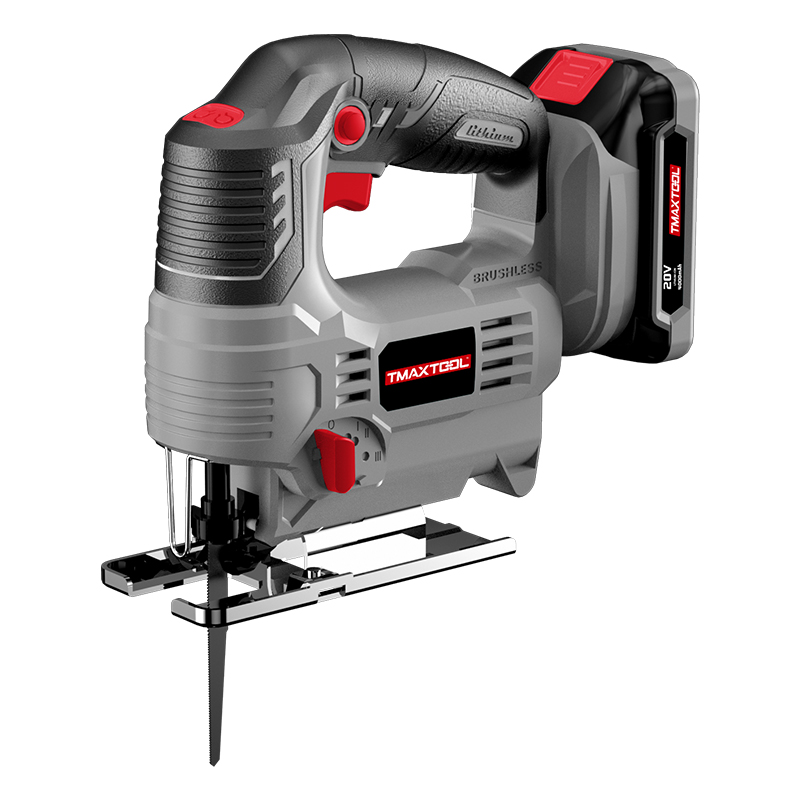 Jig Saw
Jig Saw
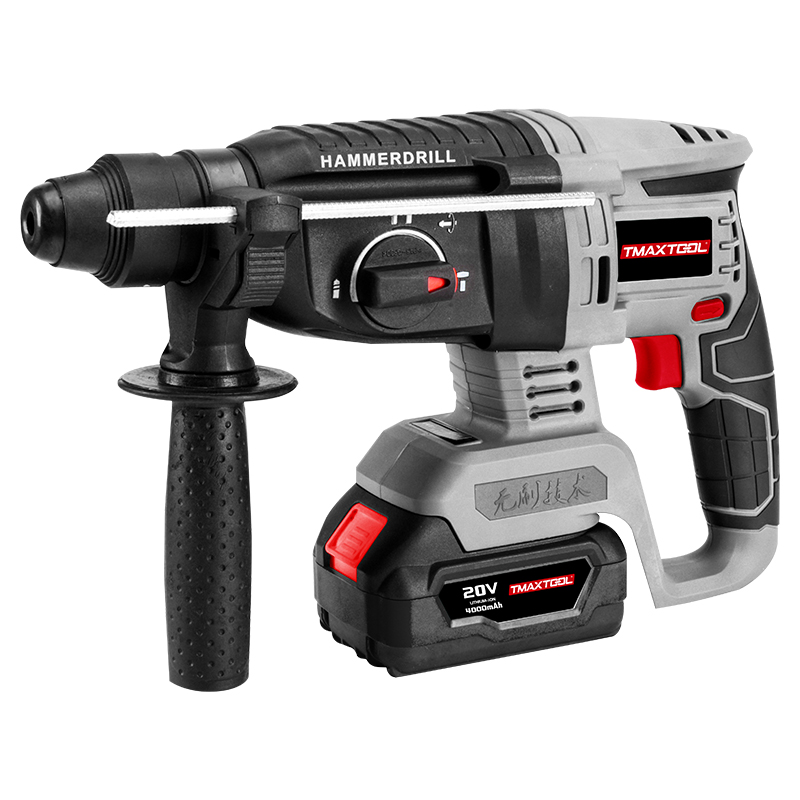 Hammer Drill
Hammer Drill
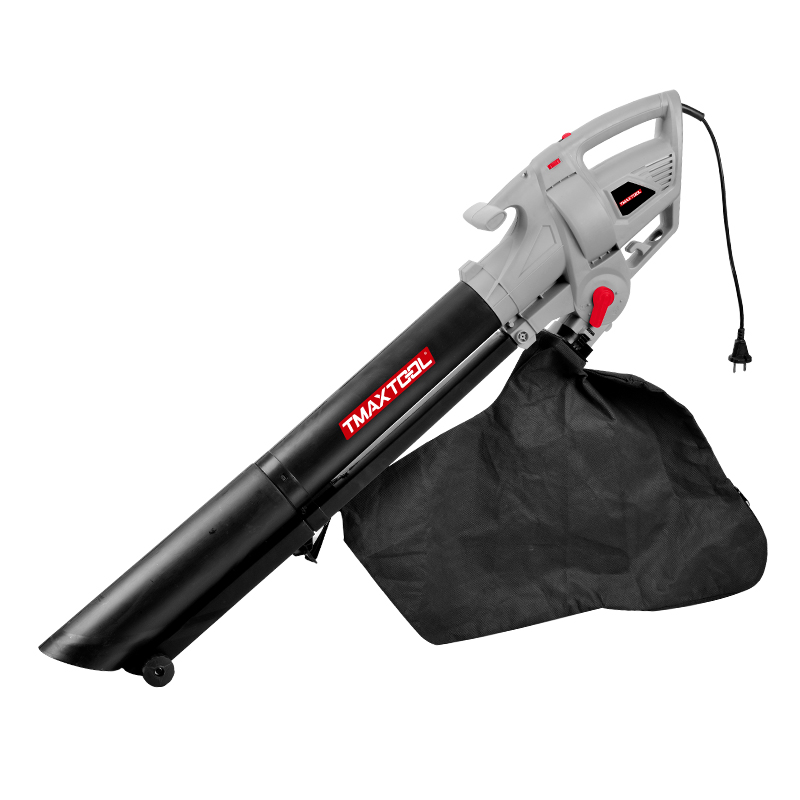 Portable Blower
Portable Blower
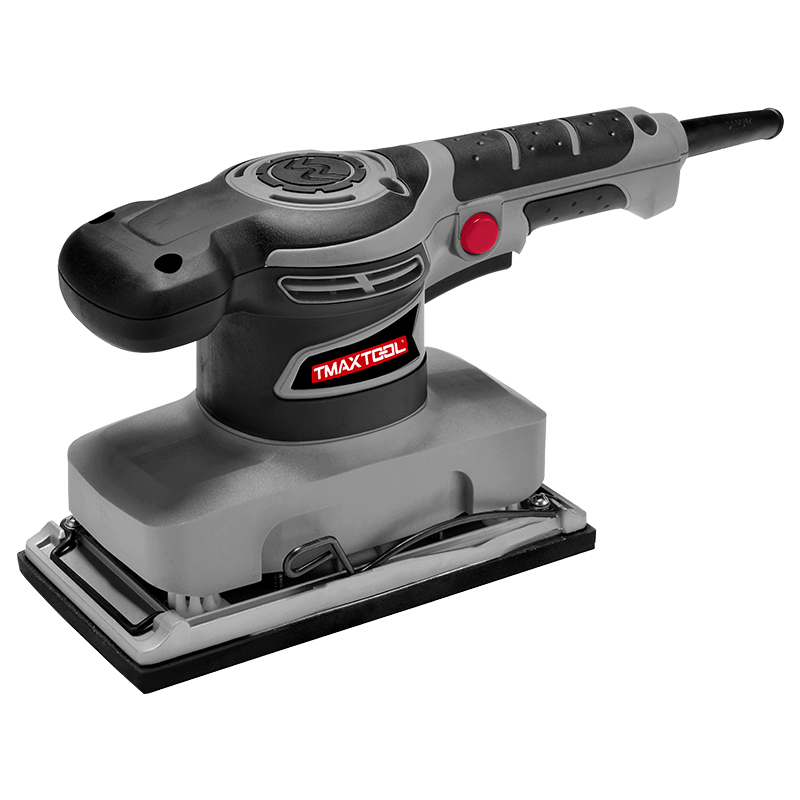 Orbital Sander
Orbital Sander
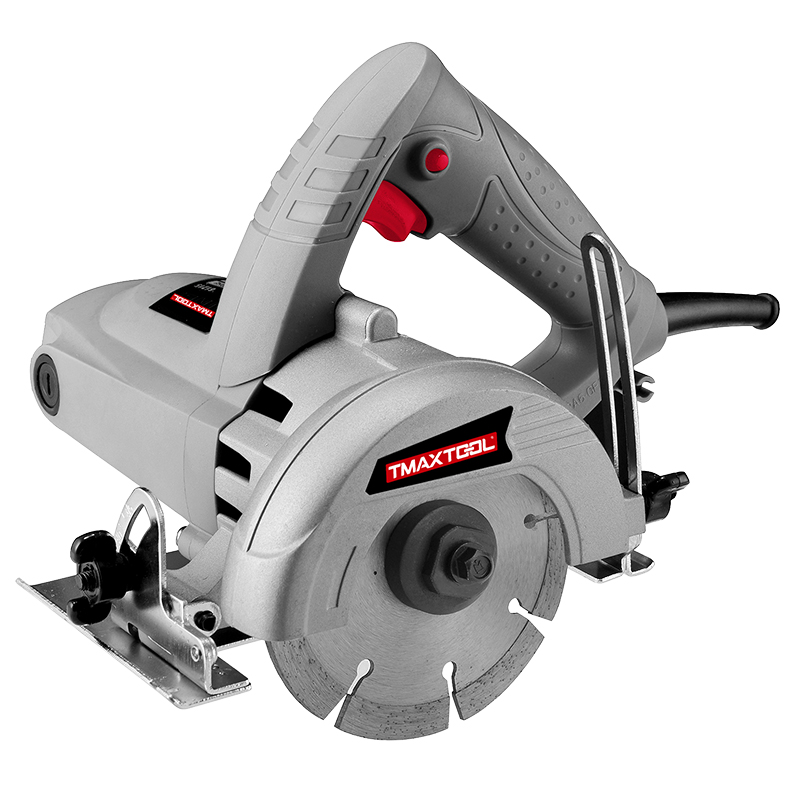 Marble Cutter
Marble Cutter
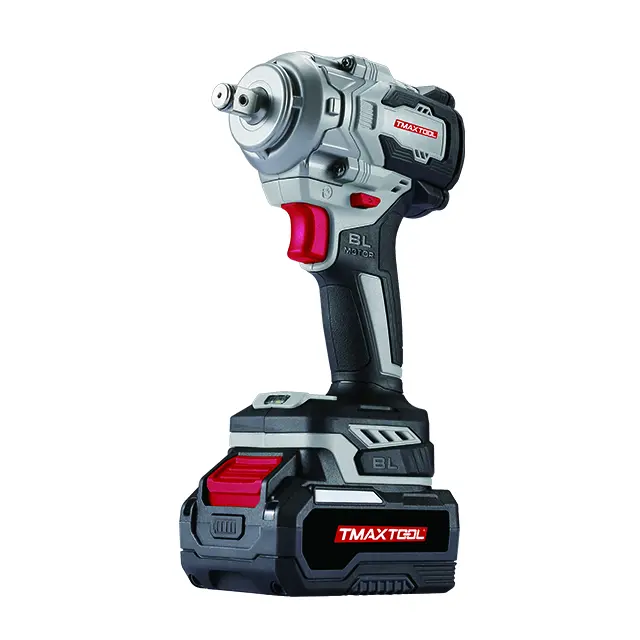 GARDEN TOOLS
GARDEN TOOLS
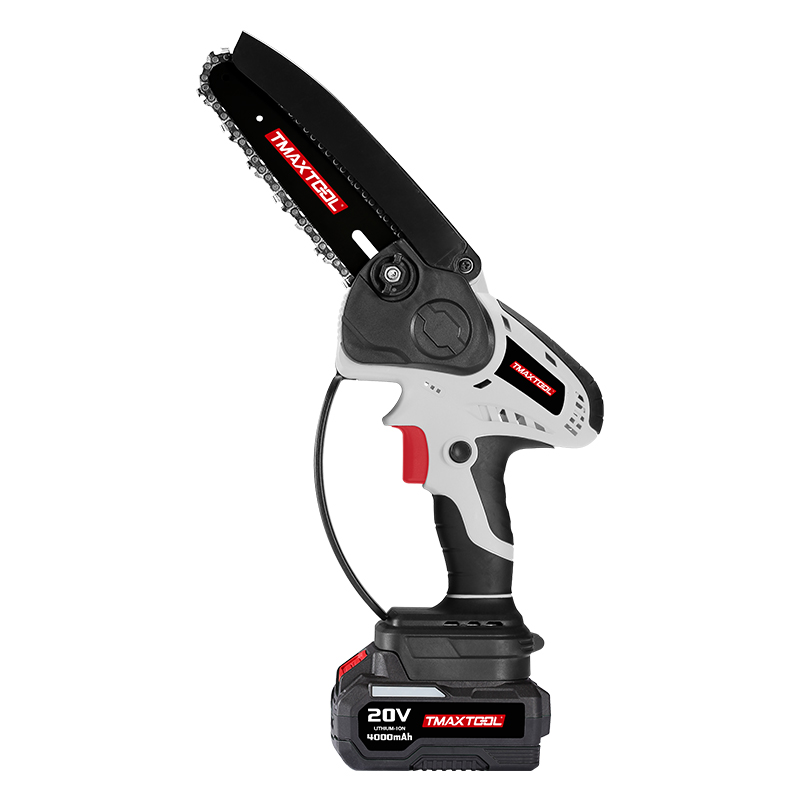 Battery Chain Saw
Battery Chain Saw
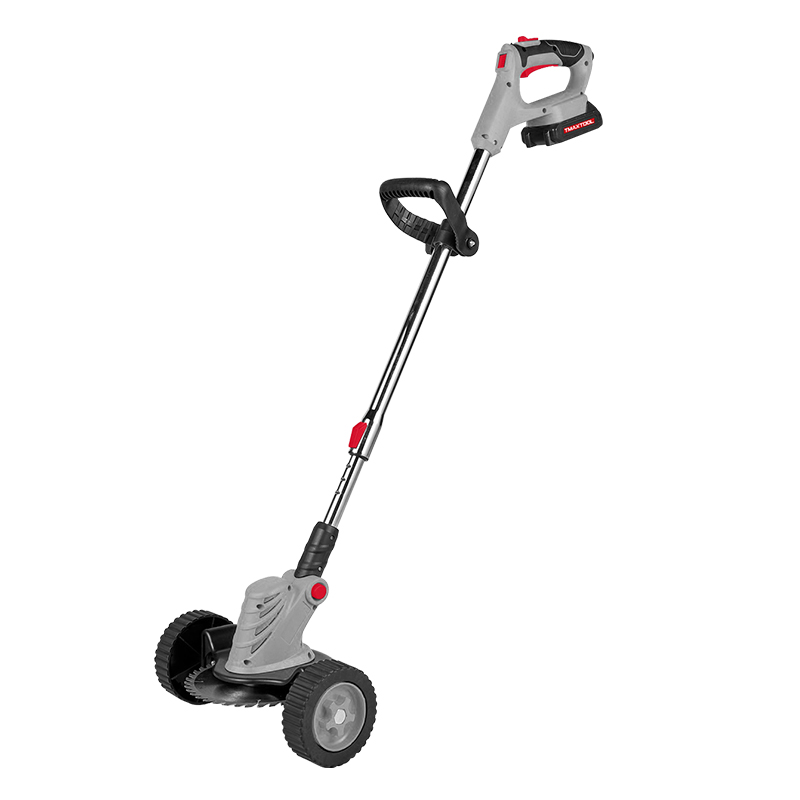 Battery Brush Cutter
Battery Brush Cutter
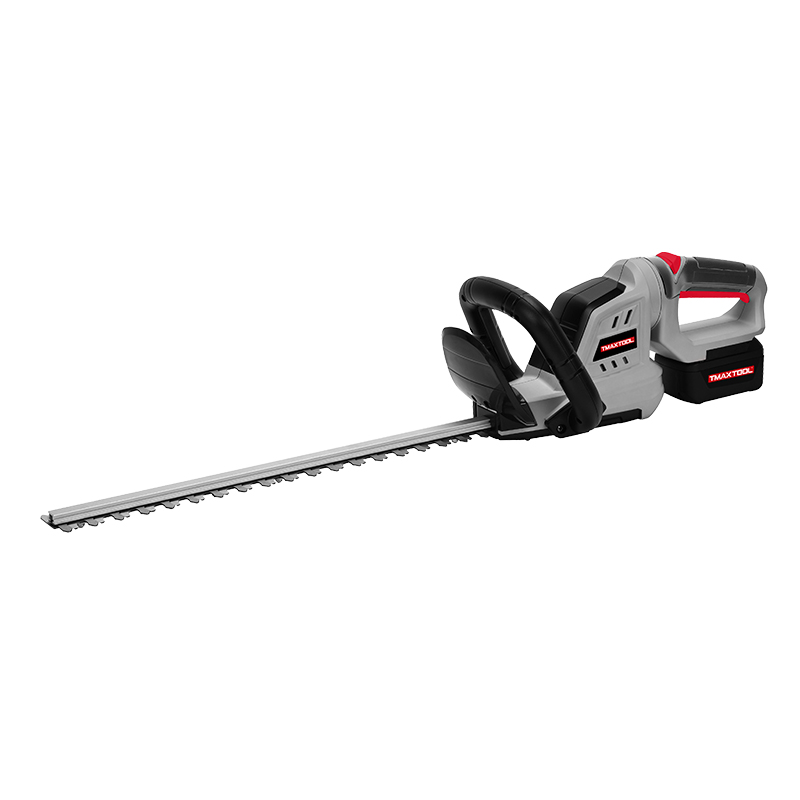 Battery Hedge Trimmer
Battery Hedge Trimmer
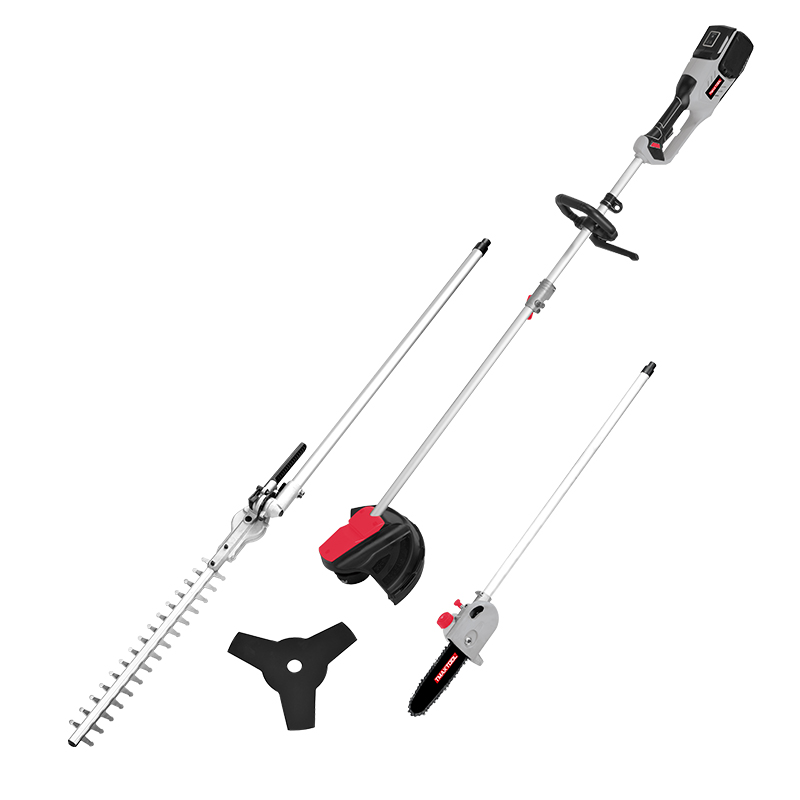 Battery Multi Tool
Battery Multi Tool
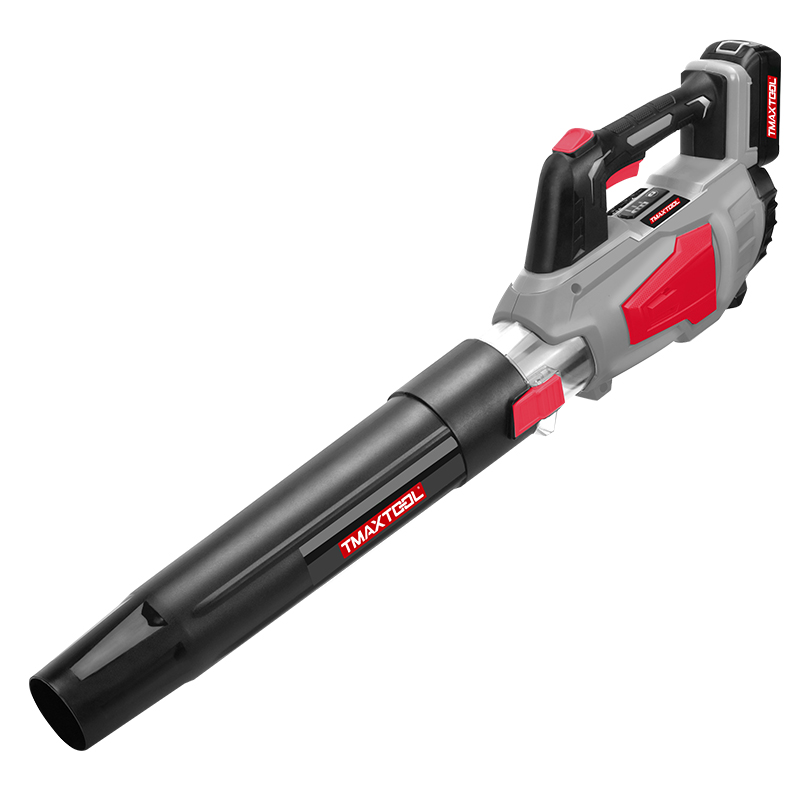 Battery Blower
Battery Blower
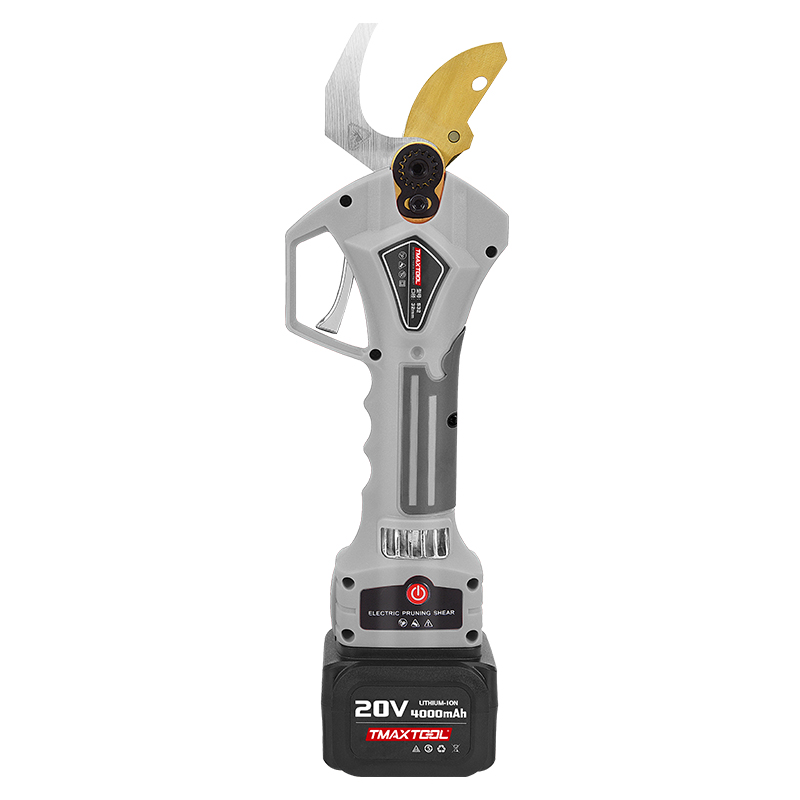 Batter Pruning Shears
Batter Pruning Shears
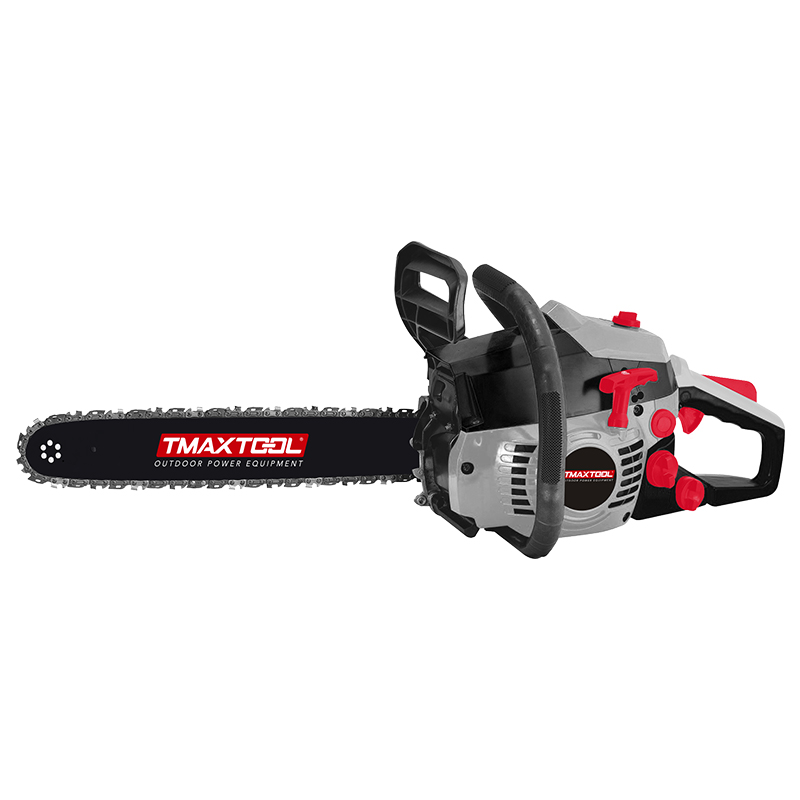 Chain Saw
Chain Saw
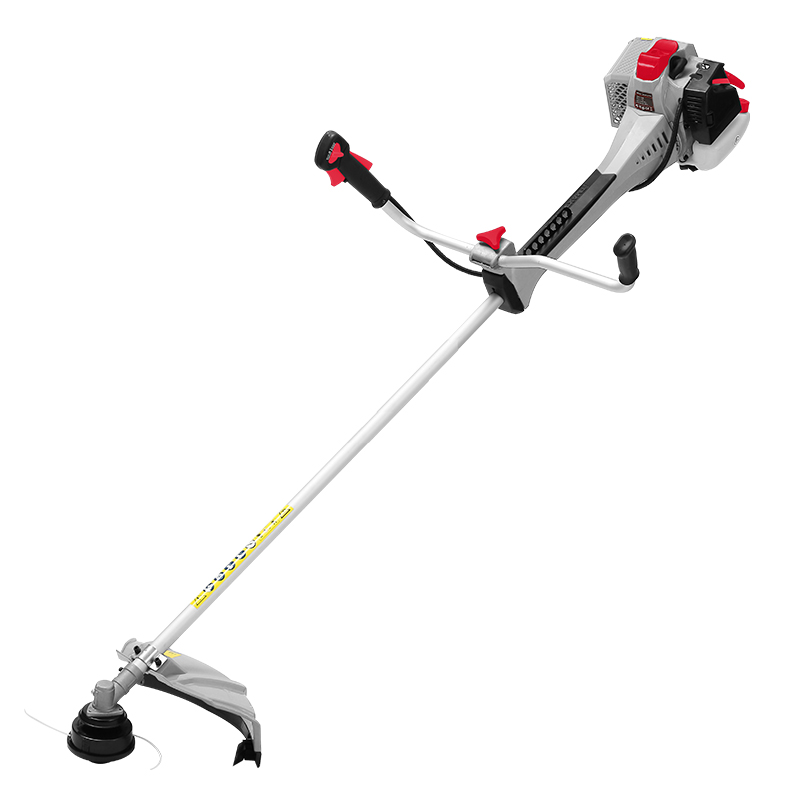 Brush Cutter
Brush Cutter
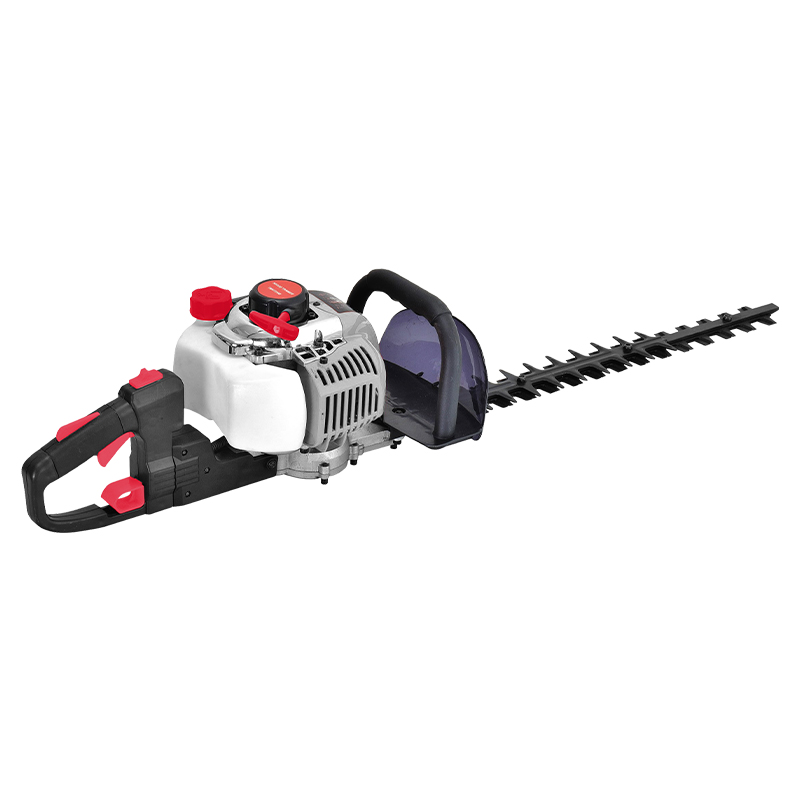 Hedge Trimmer
Hedge Trimmer
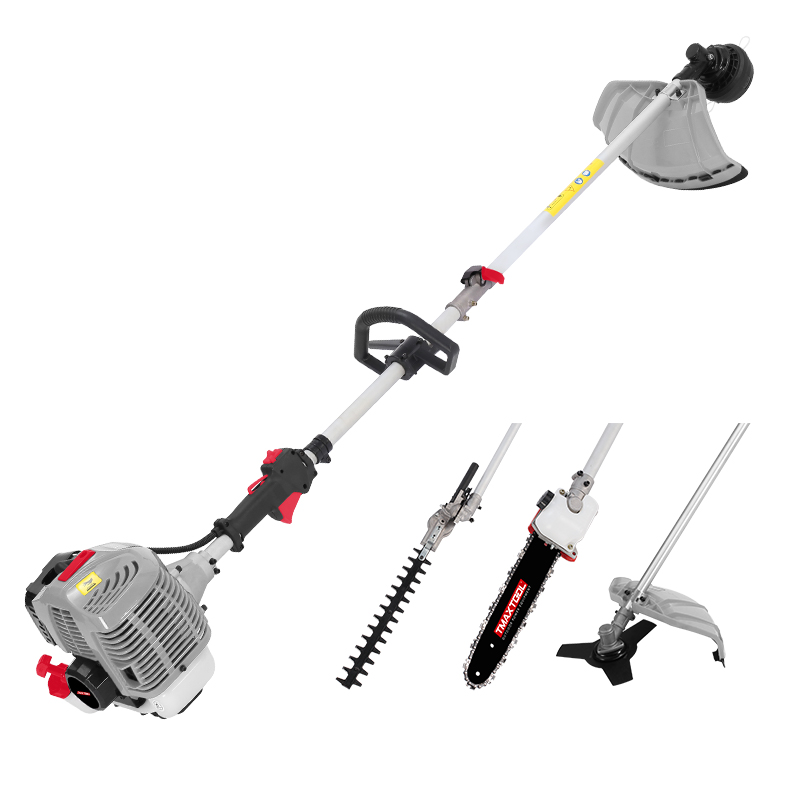 Multi Tool
Multi Tool
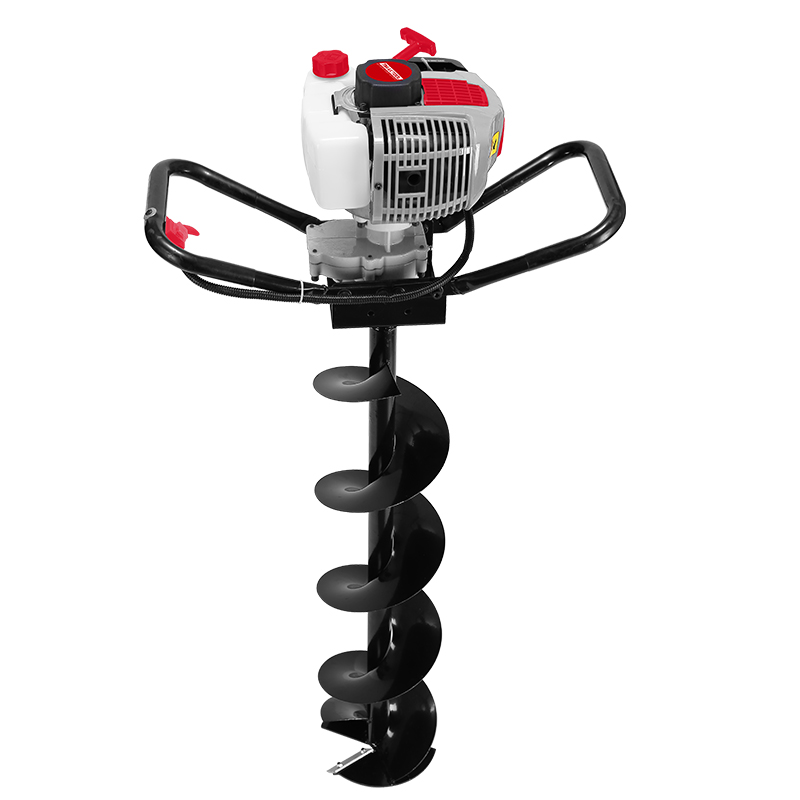 Earth Auger
Earth Auger
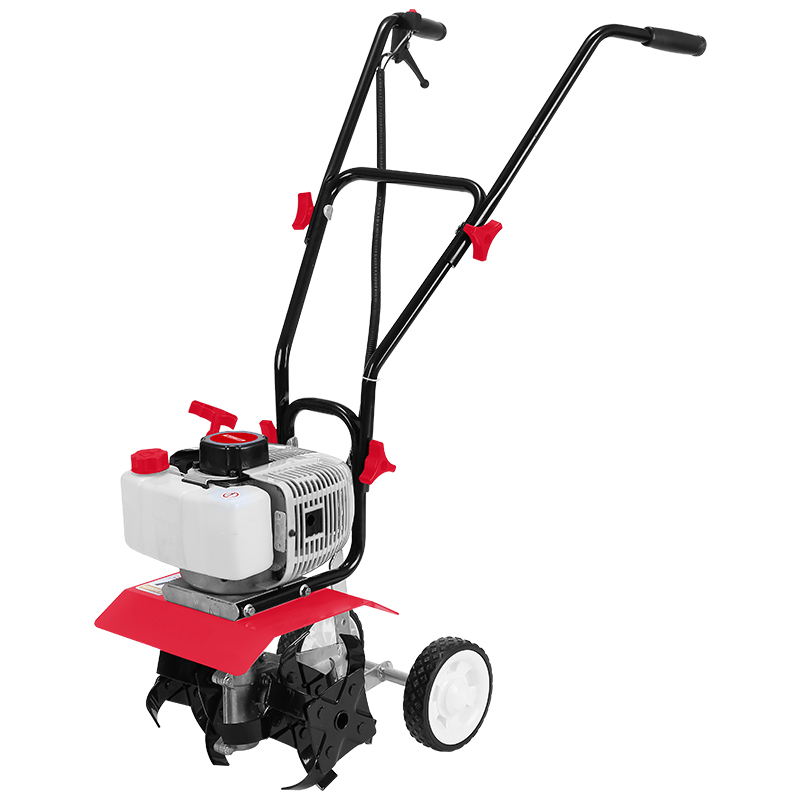 Tiller
Tiller
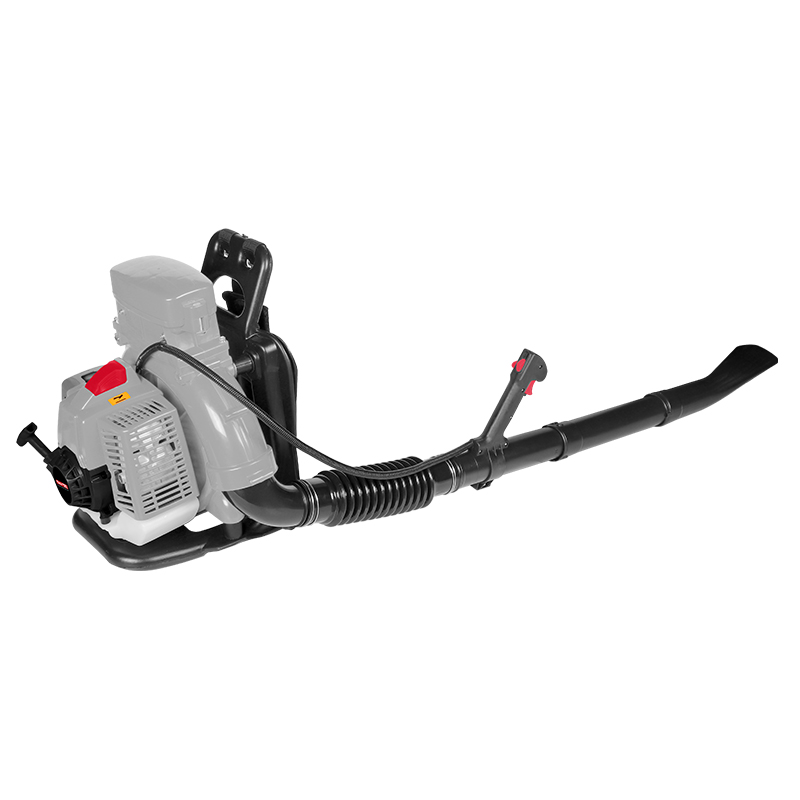 Blower
Blower
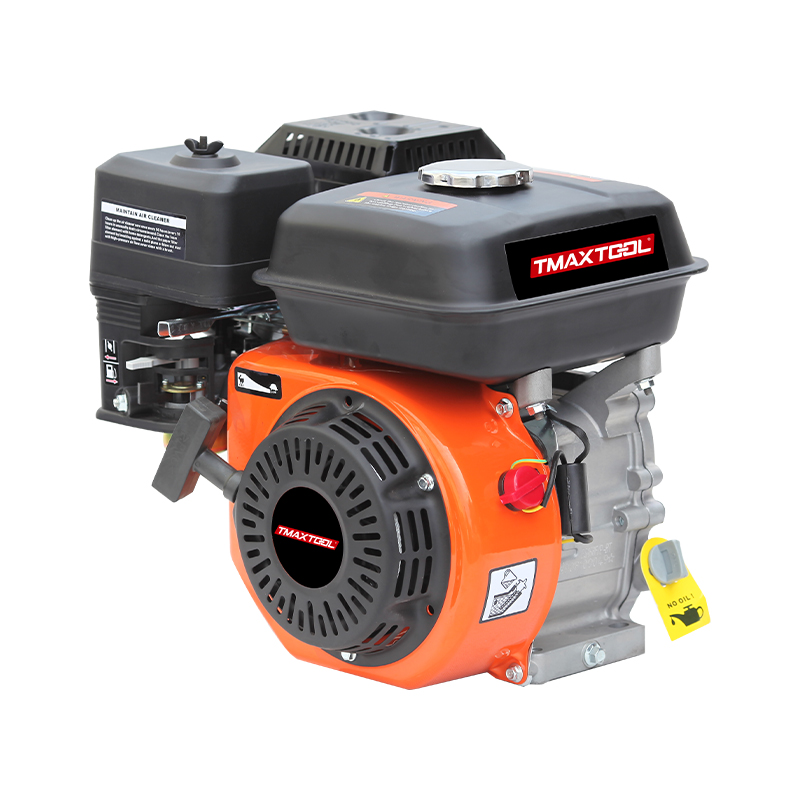 4 Stroke Gasoline Engine
4 Stroke Gasoline Engine
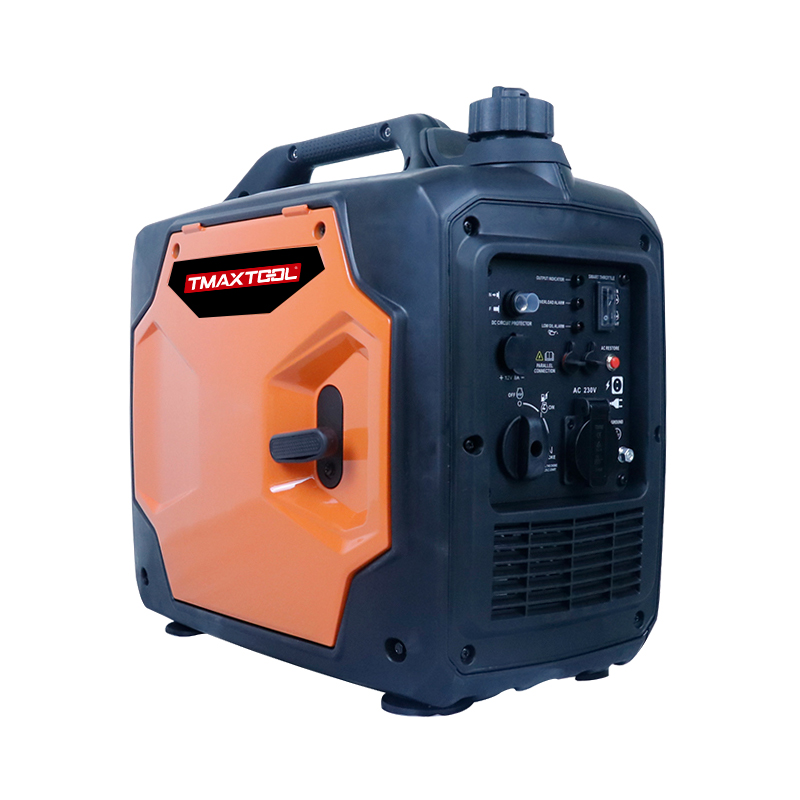 Generator
Generator
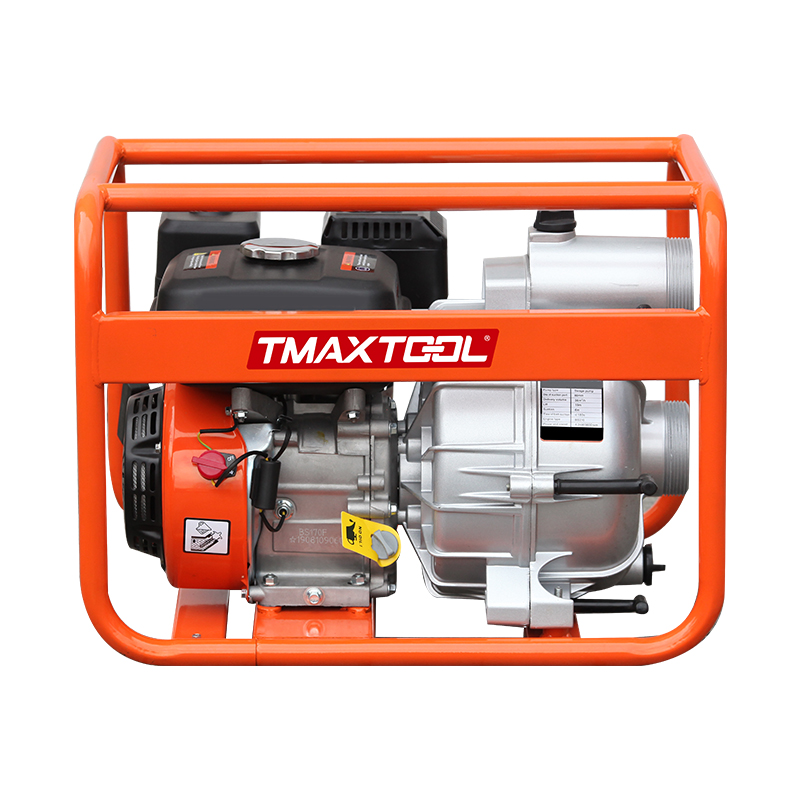 Water Pump
Water Pump
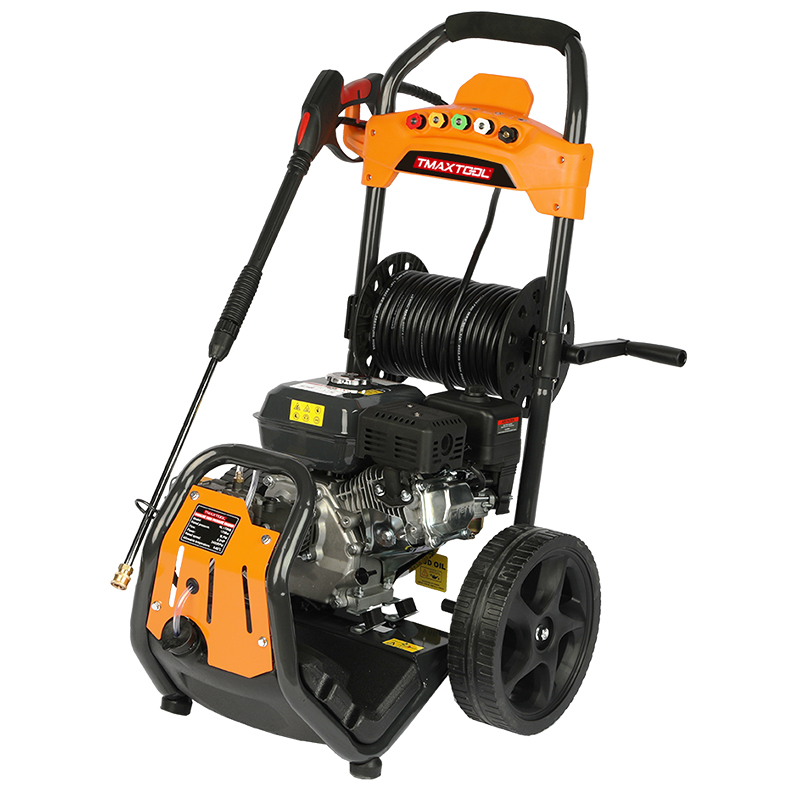 High Pressure Washer
High Pressure Washer
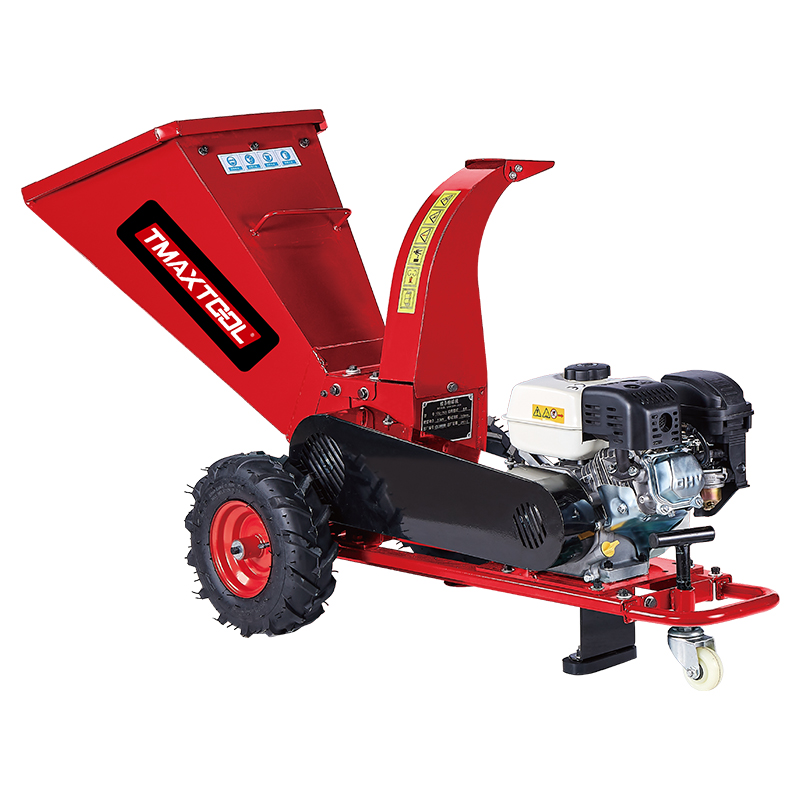 Wood Cutter
Wood Cutter
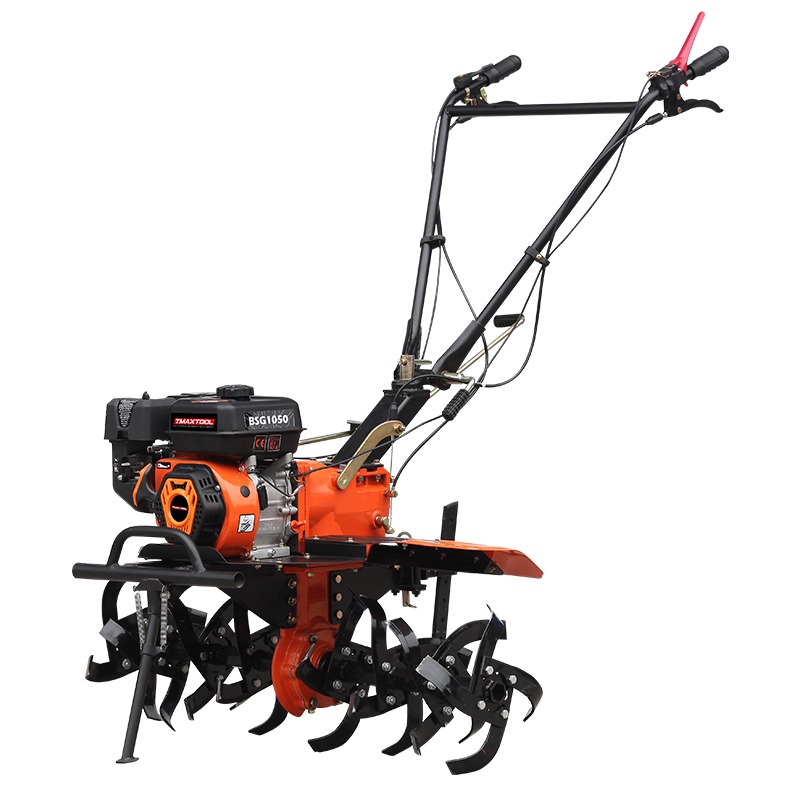 4 Stroke Tiller
4 Stroke Tiller
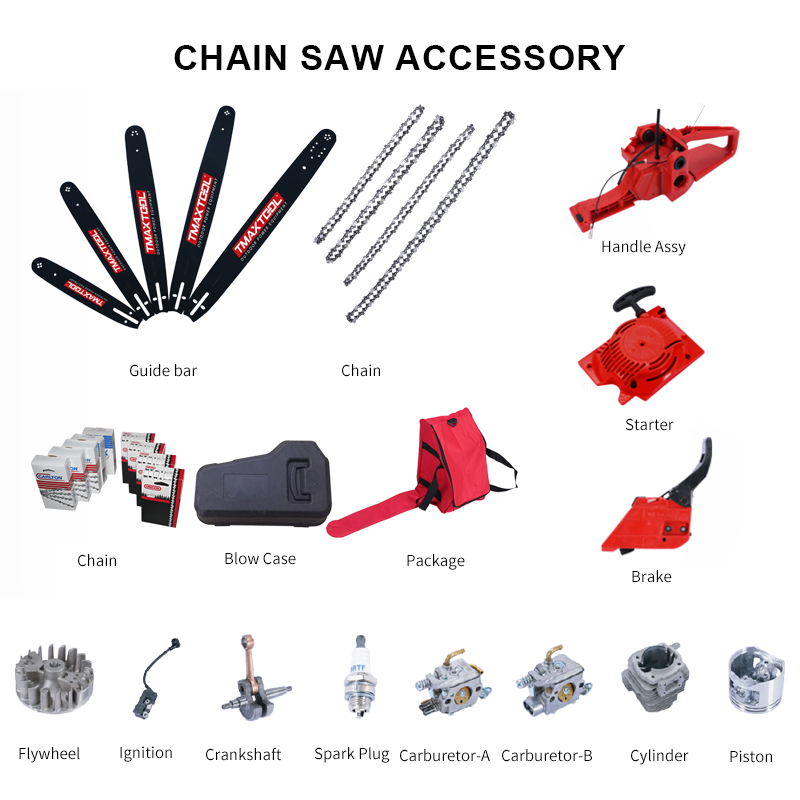 Chain Saw Accessory
Chain Saw Accessory
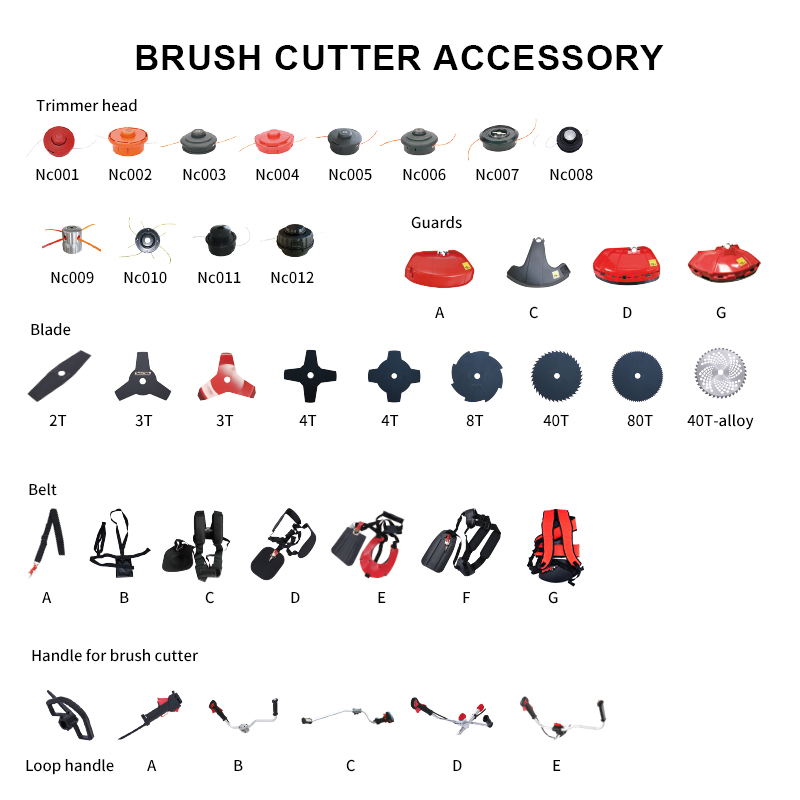 Brush Cutter Accessory
Brush Cutter Accessory
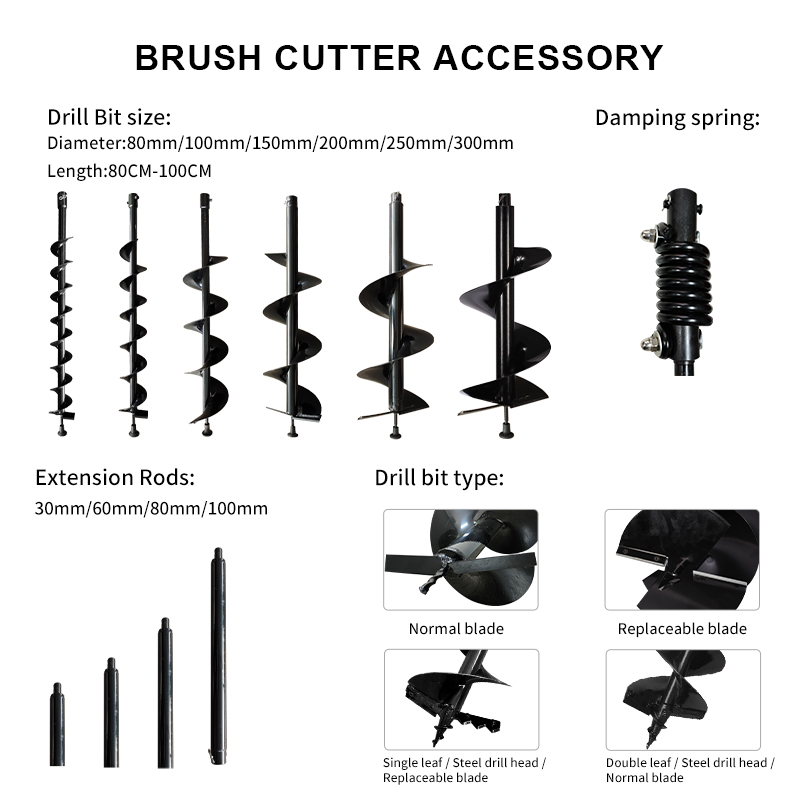 Earth Auger Accessory
Earth Auger Accessory
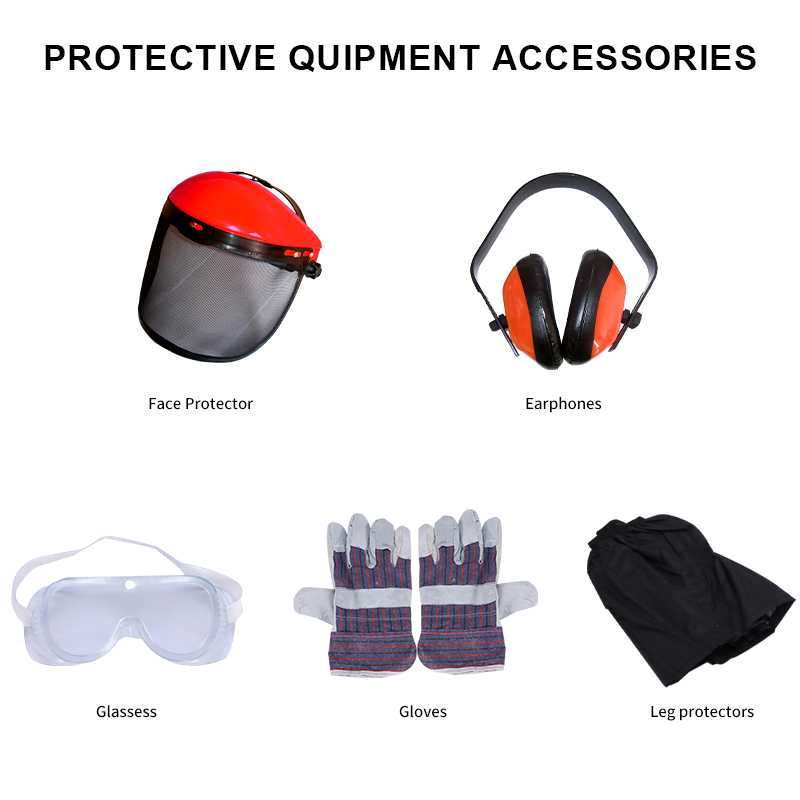 Protective Equipment Accessories
Protective Equipment Accessories

